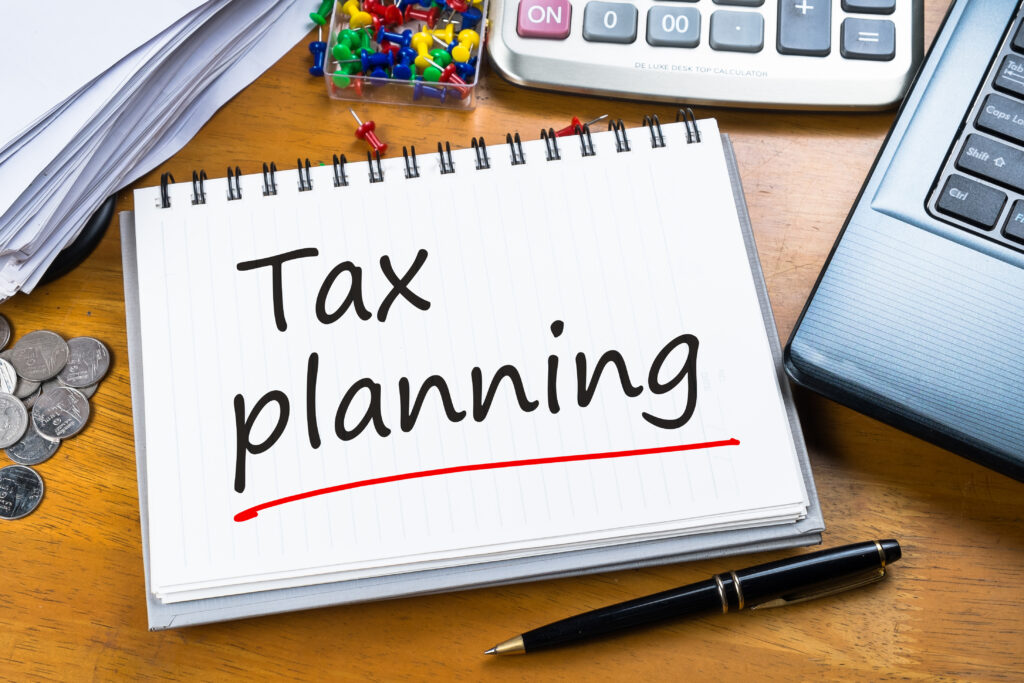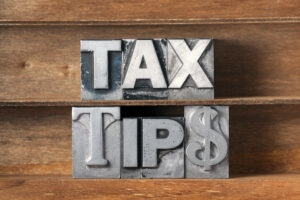Tax Topics Business Owners Need to Know

Being the owner of a small business can be very rewarding, but very challenging at the same time. One of the biggest challenges small business owners face is dealing with taxes. There are countless items to keep track of and monitor with small business taxes, but these are some of the most important issues to be aware of.
As an owner of a small business you should constantly be looking out for deductions. You can deduct start-up expenses, including up to $5,000 worth of certain kinds of expenses if they took place the year before. You can also deduct any car mileage that you use to conduct your business, if you use your home as a place of business.
Business travel expenses are another good source of deductions for small business owners. Any “ordinary and necessary” expenses can be eligible, which typically include lodging, transportation, laundry, baggage charges and even hospitality tips. If you are gone over night you can also deduct meals but only up to 50 percent. You cannot deduct clothing expenses even if you purchase them for work and use them exclusively for work.
Lastly, if you own a small business you need to be aware how the Affordable Care Act affects your taxes. There are all kinds of limits and restrictions but you might qualify for the small business health care tax credit if you pay at least half of your employee’s premiums and you employ no more than 24 full-time and equivalent employees who have an average annual income of less than $50,000.
Of course, if you’re a small business owner the easiest way to deal with your taxes is to hire an experienced and professional tax preparer like GROCO. Give us a call at 1-877-CPA-2006, or click here to learn how we can help you.
Tax on Foreign Income of US Citizens or Residents
Tax on Foreign Income of US Citizens or Residents Foreign Earned Income Exclusion Individual US citizens and residents are taxed on their worldwide income. However, IRC Sec. 911 provides that qualified taxpayer can elect to exclude foreign earned income up to $87,600 from taxable income. (Read IRS Pub 54 for more details.) The qualifications are:…
IRS Eases Reporting Burden on Corporations and Shareholders
IRS Eases Reporting Burden on Corporations and Shareholders WASHINGTON — The Internal Revenue Service today announced new regulatory revisions that will reduce the reporting burden on corporations and shareholders while also making it easier for them to file their tax returns electronically. The announcement is part of an on-going effort by the IRS to remove…
How Is That Federal Tax Code Treating the Uber Rich?
How Is That Federal Tax Code Treating the Uber Rich? Earlier this year in his annual State of the Union Address, President Obama spent much of his speech discussing taxes. Specifically he talked greatly about the unfair tax system that favors the rich. If the president’s claims were to be believed, then you would think…
Tips to Help Taxpayers with January 30 Tax Season Opening
We thought it a good idea to share some tips to help taxpayers with the January, 30 tax season opening. The IRS will begin processing most individual income tax returns on Jan. 30 after updating forms and completing programming and testing of its processing systems. The IRS anticipated many of the tax law changes made…




